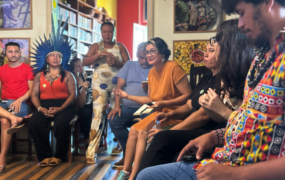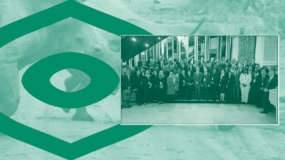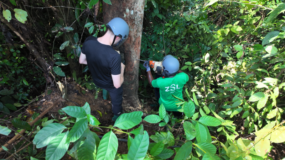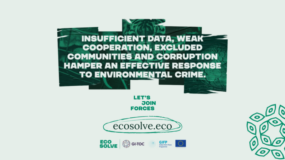Posted on 19 Mar 2024
On 27 February 2024, a coordination meeting on ‘Cyber wildlife trafficking responses by NGOs and IGOs’ was jointly organized by the Global Initiative Against Transnational Organized Crime (GI-TOC) and the United Nations Office on Drugs and Crime (UNODC), as part of the ECO-SOLVE project, a new global European Union-funded programme designed to disrupt illicit environmental flows.
After opening remarks by Marie-Ange Balbinot on behalf of the Delegation of the European Union to the United Nations in Vienna, the GI-TOC and the UNODC, participants shared and discussed their experiences and perspectives in several key areas:
- Their organizations’ historical and ongoing efforts to monitor online illegal wildlife trade (IWT) – including the scope of their coverage, such as species, regions and online platforms – and attempts to identify any gaps and priorities in their work.
- Approaches that have been employed over the years to combat online IWT, focusing on those that have demonstrated the most success.
- Strategies to enhance future impact, including exploring avenues for defining joint goals and issuing cohesive messages aimed at promoting unified action against IWT.
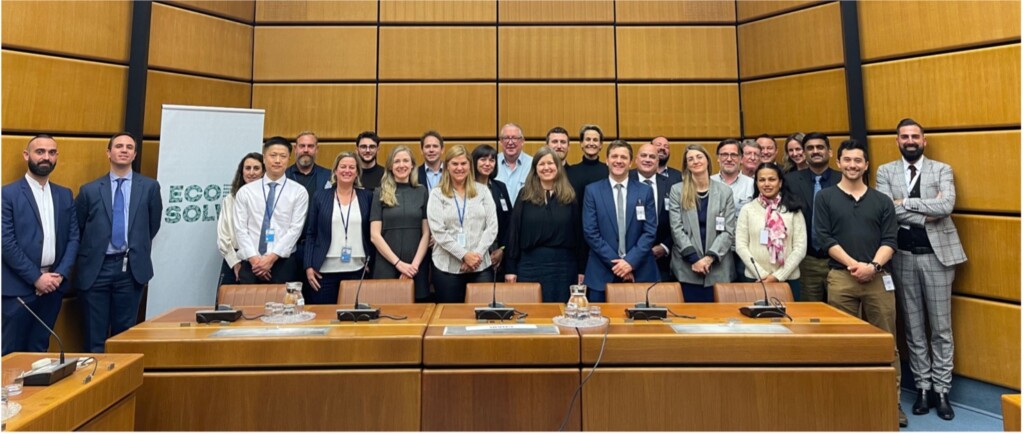
Participants, including law enforcement officers, CITES authorities, and representatives from key non-governmental and intergovernmental organizations, shared their experiences with the aim of aligning promising approaches, accelerating the adoption of key methods or technologies, and identifying where more work is needed.
During the meeting, it became increasingly evident that in response to the escalating challenge of online IWT, there is a pressing need to create and develop a strategic vision to enhance cooperative efforts. New methodologies for data collection need to be aligned to ensure interoperability of the collection systems and analytical reporting. Efforts in this regard should be complementary and avoid duplication. The importance of collaborating with law enforcement to share trends and intelligence gathered from NGOs was also emphasized, as was the need to establish strong partnerships with the private sector.
The ECO-SOLVE team came away from the meeting with ideas on how to better focus its online monitoring efforts to address the gaps and priorities identified, which will be particularly useful in implementing the next phase of the project, in particular the ‘Data and technology for disruption’ workstream, Valuable insights were also gained into the diverse expertise of individuals working in the sector, providing a strong foundation for creating and fostering synergy among stakeholders.
ECO-SOLVE leads the charge against environmental crime with its global, collaborative, data-driven approach. Our mission: transform data insights into impactful action; support law enforcement to disrupt illicit flows; empower communities; shape effective global policies. ECO-SOLVE is an EU-funded project within the Global Illicit Flows Programme.
Sign up to the ECO-SOLVE mailing list to receive regular updates about the project.

